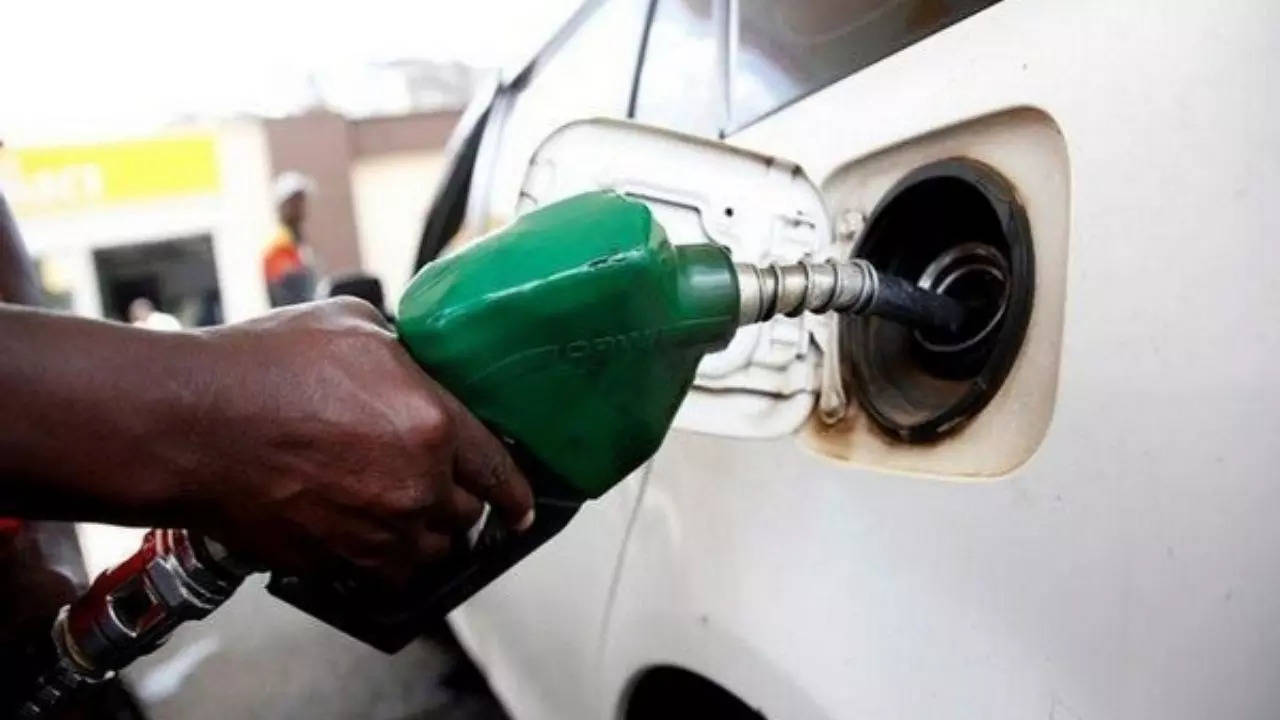2018 price of a litre of petrol in Ghana

When it comes to petrol in Ghana, it’s an ever-changing market. Prices of petrol in Ghana can vary from week to week, month to month, and even from season to season. In order to better understand the prices of petrol in Ghana, it’s important to understand the factors which influence them.
2018 was an interesting year for petrol prices in Ghana. Prices rose significantly in the first half of the year, reaching a peak in May and June when prices exceeded the global benchmark Brent crude price. This was due to increased demand for fuel in the country, as well as a weakening of the Ghanaian cedi against the US dollar.
In the second half of the year, prices began to fall, with the price of petrol dropping to a low of GHS 4.60 per litre in December of 2018. This was mainly due to the implementation of the new pricing system by the National Petroleum Authority (NPA) which linked fuel prices to the global Brent crude price. This new system allowed for price fluctuations to be moderated, as well as for more transparency in the pricing of fuel.
Average price of petrol in Ghana in 2018
The average price of petrol in Ghana in 2018 was GHS 4.95, representing a 23.5% increase on the previous year. The highest price of the year was GHS 5.50, which was recorded in July. The lowest price of the year was GHS 4.60, which was recorded in December.
2018 price of a litre of petrol in Ghana
At the beginning of 2018, the price of a litre of petrol in Ghana was around GHS 1.80, which was considered to be fairly low at the time. However, in March of the same year, the price of a litre of petrol increased to GHS 2.08, due to the implementation of a new tax on petroleum products. This was a rather significant increase for motorists, who were already feeling the pinch due to high inflation rates.
In July 2018, the price of petrol increased again, this time to GHS 1.25, as a result of a hike in the price of crude oil on the international market. This caused petrol prices to reach their highest peak in Ghana for 2018, causing a great deal of concern from motorists.
The situation began to improve in October 2018, when the price of a litre of petrol dropped to GHS 2.05, due to a decrease in the international price of crude oil. This was a welcome relief for many, but unfortunately, this relief was short-lived, as the price of petrol increased once again in December 2018, reaching GHS 2.25.
Despite the rollercoaster ride that 2018 provided, the average price of a litre of petrol in Ghana for the year was around GHS 2.10, a slight decrease from the average price of 2017.
Factors that influenced petrol prices in Ghana in 2018
In 2018, the petrol prices in Ghana were heavily influenced by several factors, such as the global oil prices, local demand and supply, government policies, taxes, and subsidies.
1. Global oil prices
The global oil prices have a significant impact on the petrol prices in Ghana. In 2018, the global oil prices experienced a steep rise due to the increase in global demand and the disruptions in some of the major oil production countries. This rise in the global oil prices made the petrol prices in Ghana to rise as well.
2. Local demand and supply
In Ghana, the local demand for petrol is very high and it is fuelled by the large number of vehicles that are on the roads. Additionally, there is also a significant demand for petrol from the local industries and businesses. In 2018, the demand for petrol was higher than the supply, which caused the petrol prices to rise.
- Advertisement -
3. Government policies
The government of Ghana also has a major influence on the petrol prices in the country. In 2018, the government increased the taxes on petrol, which caused the petrol prices to rise. The government also introduced subsidies on some petrol products, which helped to reduce the petrol prices.
4. Taxes
In Ghana, taxes are imposed on petrol, which significantly affects its price. In 2018, the government of Ghana increased the taxes on petrol, which caused the petrol prices to rise. This was done to finance the government’s budget, which led to an increase in the petrol prices.
5. Subsidies
The government of Ghana also provides subsidies on some petrol products, which helps to reduce the petrol prices. In 2018, the government introduced subsidies on some petrol products, which helped to reduce the petrol prices. This allowed the people of Ghana to access petrol at lower prices.
Conclusion
2018 price of litre of petrol in Ghana was a rollercoaster just like any other year. Rising at some point and dropping at some point which all comes down to the factors that influenced it such as government policies, taxes, global oil prices and more.


